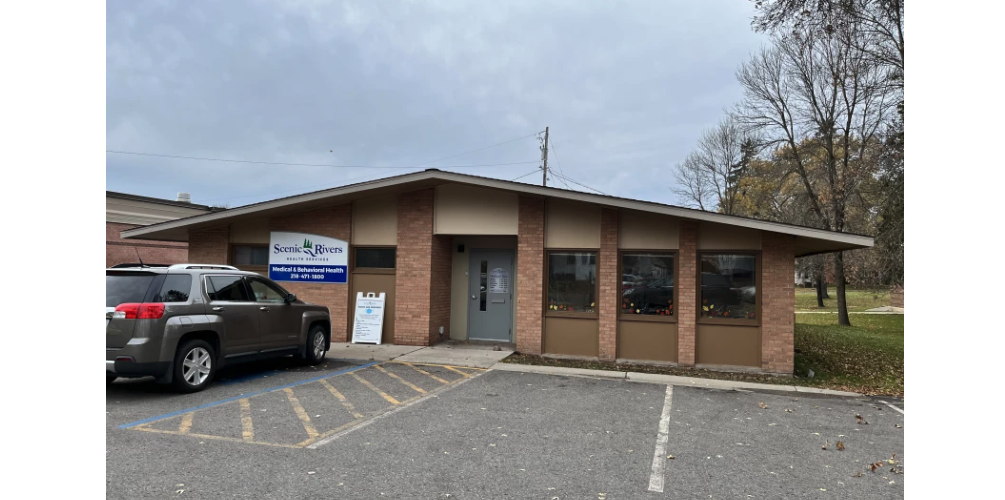MN Rural-Based Community Health Center, Scenic Rivers Health Services
National Rural Health Day Underscores the Need for Medical and Mental Health Services in Rural Communities that Community Health Centers Provide
(Minnesota) — November 17, 2022 — The Minnesota Association of Community Health Centers (MNACHC), an organization that supports the state’s 17 community health centers (CHCs) and its patients in improving and maintaining the health and wellness of local communities, will join in the country’s celebration of National Rural Health Day on Thursday, November 17th and its theme of “Advancing Behavioral Health Equity in Rural Communities.”
“This is a time to celebrate our State’s rural-based community health centers, who collectively work to uplift our vibrant rural communities,” said Jonathan Watson, CEO, MNACHC. “Day in and day out they often serve as the only source of comprehensive primary health care services in rural areas of the state, where residents can face deep systemic barriers to care, such as poverty, lack of stable shelter and food, substance use disorder, mental illness, unemployment, trauma and racism.”
The combination of these factors can take a serious toll on the mental and behavioral health of rural residents. Stigma, lack of transportation, limited reimbursement and a dwindling workforce are just a few of the barriers to behavioral health care that exist in rural Minnesota. Minnesota’s rural CHCs provide some of the only available high-quality, affordable behavioral health care services to these individuals, many of whom are on Medicaid or are uninsured.
Minnesota CHCs provide preventive and primary health care to nearly 200,000 individuals across the State and serve nearly 1 out of 5 rural Minnesotans, who disproportionately suffer from chronic disease including mental health and substance use disorder. All of Minnesota’s Community Health Centers provide behavioral health services on-site and have experienced an unprecedented need for these services – particularly for substance use disorder services.
“Our care model ensures that any patient in need of mental health support during a routine medical service, can literally “walk down the hall” for mental health services and not rely on a referral system that may not meet the needs of the patient in a timely fashion,” says Watson.
Despite their small size and number, Minnesota’s rural Community Health Centers make an outsized impact in other ways as well. Some examples include:
● “Growing our own” workforce through a MN CHC tailored apprenticeship program that allows people to work while studying to become a Medical Assistant or Dental Assistant. These positions are chronically short-staffed and crucial to maintaining a fully functional clinic capable of providing comprehensive care that includes behavioral health services.
● Valuing Community Health Workers (CHWs) who provide peer-to-peer relationships – a well-proven intervention that leads to better mental health and substance use disorder outcomes. CHWs are central to this model, despite CHCs not being reimbursed for CHW visits, as other health systems are.
For more than 50 years, Minnesota’s Community Health Centers have reduced health care disparities in rural communities. This National Rural Health Day, the Minnesota Association of Community Health Centers calls on Congress to act to secure long-term and stable funding for CHCs to ensure their doors remain open to serve all communities no matter their location.
About Minnesota Association of Community Health Centers
The Minnesota Association of Community Health Centers (MNACHC) is a non-profit membership organization of Minnesota’s Federally Qualified Health Centers (FQHCs). MNACHC works on behalf of its members to promote the cost-effective delivery of affordable, quality primary health care services, with a special emphasis on meeting the needs of low income and medically underserved populations.



